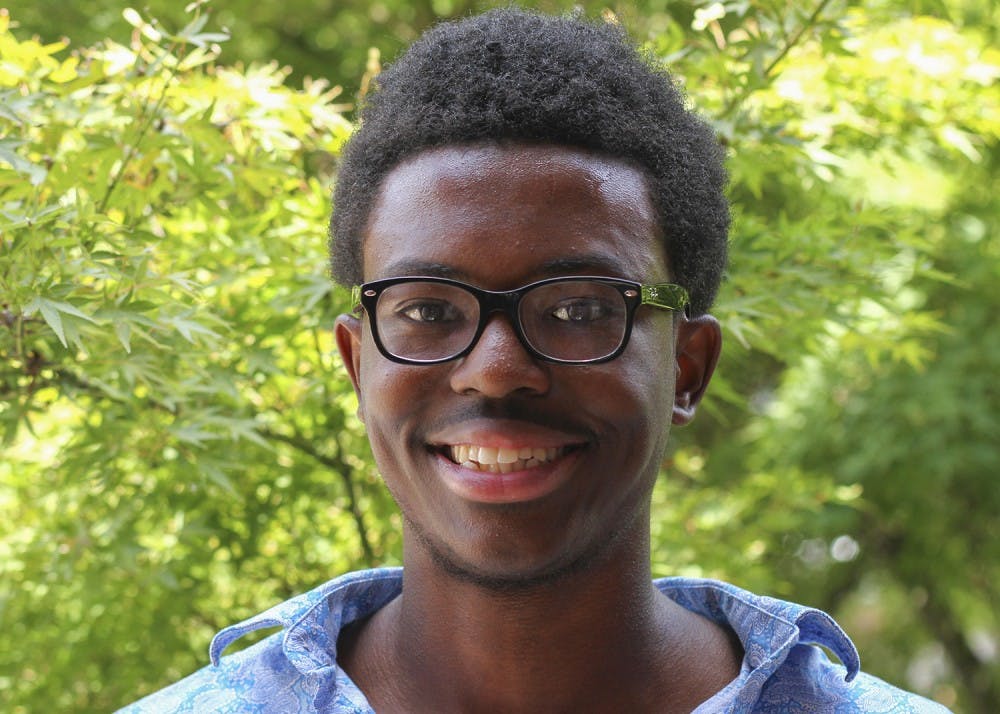It's an unspoken rule at a predominately white institution that we students of color must look out for one another. It takes a village to keep a student at UNC. And my village, unlike that of the majority, is a village to which I must give back.
Fo rtunately, for every fault I have, for every mistake I’ve made and for every late-night breakdown in the stacks of Davis, there has been at least one person I could rely on and who felt it was their job to make sure that I would be fine.
This might be a difficult concept for some to understand. I’m not saying mentorship is exclusive to the black community, but it is a large part of what it means to be black at UNC if you choose to participate in this culture.
On the professional level, there is a great deal of mentorship happening in our high schools for black boys and girls, and this mentorship is growing. At UNC, I imagine there will soon be similar ratios of mentors for students of color in the hard sciences as they study them in greater numbers.
To accomplish this, heads of departments would have to make an effort to hire professors who more appropriately match the demographics of their students, which I acknowledge is happening at a gradual pace.
For some professors of color, mentorship is difficult to accommodate because a full class load and research doesn’t leave much time for one-on-one interaction. It’s a privilege of the white, heterosexual male to have many options for mentorship because he is surrounded by successful people who are so much like he is.
By accepting my enrollment at UNC, I also accepted that I am one of few who have the opportunity and privilege of coming here. But even the privilege of higher education doesn’t exempt me from the occasional white person asking, “What is it like being black at UNC?”
In high school, I didn’t win a class superlative. Not winning wasn’t the end of the world — it just meant that I had to focus my energy in other directions, such as making plans for my summer, preparing for UNC and contemplating the career path of Diggy Simmons.
But I am not an anomaly. I wasn’t voted “class clown.” I’m not here to entertain anyone. I wonder how many black boys provided stereotypical forms of entertainment for their white peers. I wonder how often covert racism slips past us. But as long as we are smiling, then it must be OK. I wonder how many of those black boys destined to become a part of the school-to-prison pipeline made it successfully to UNC.



